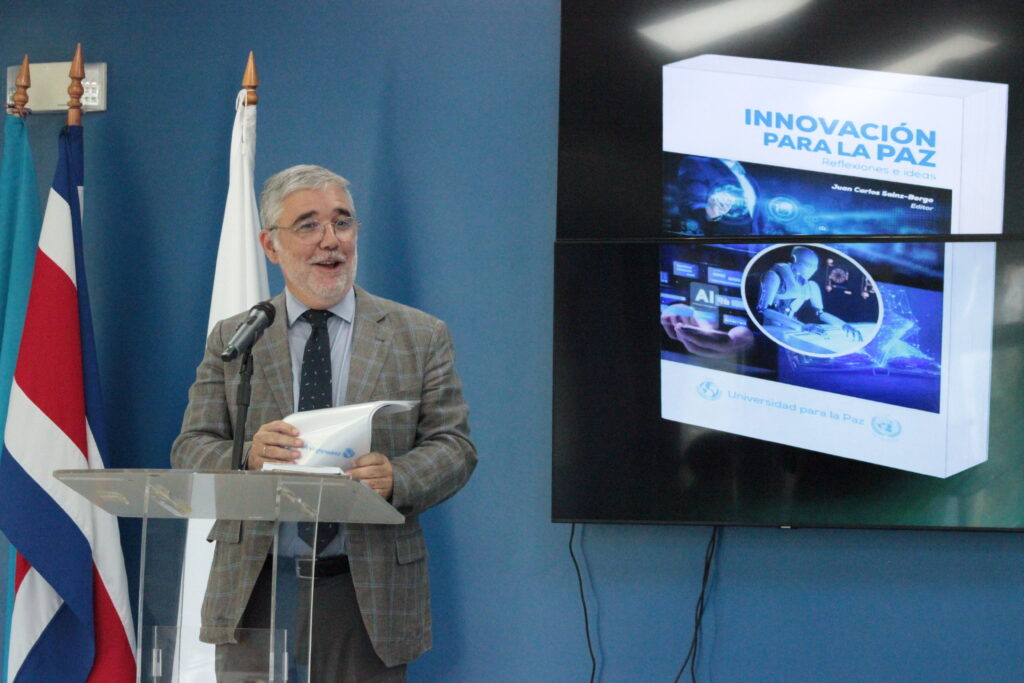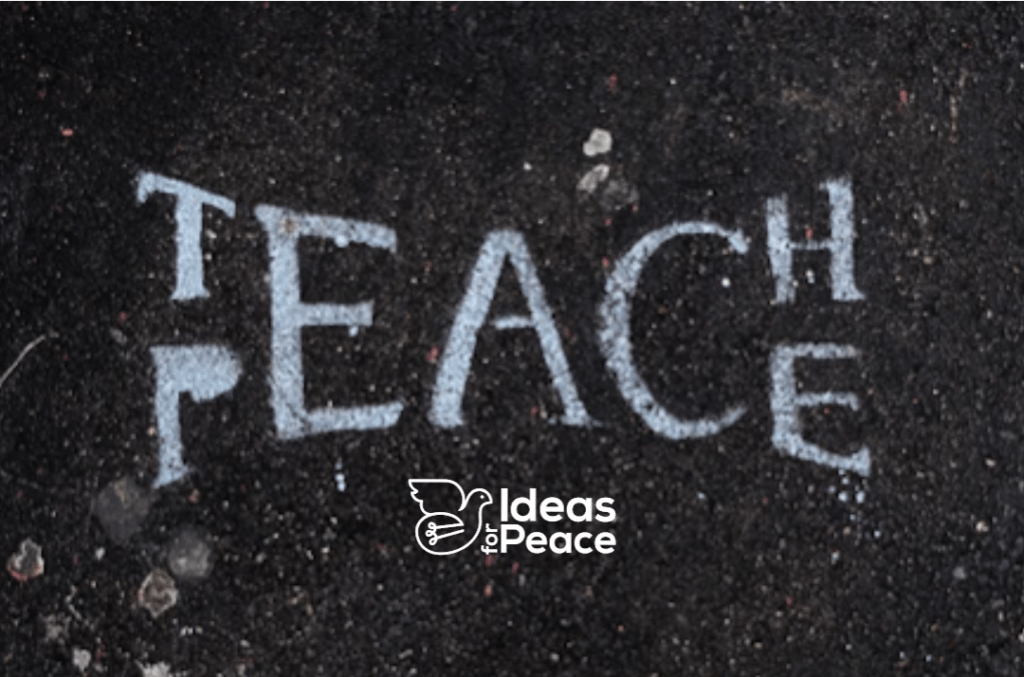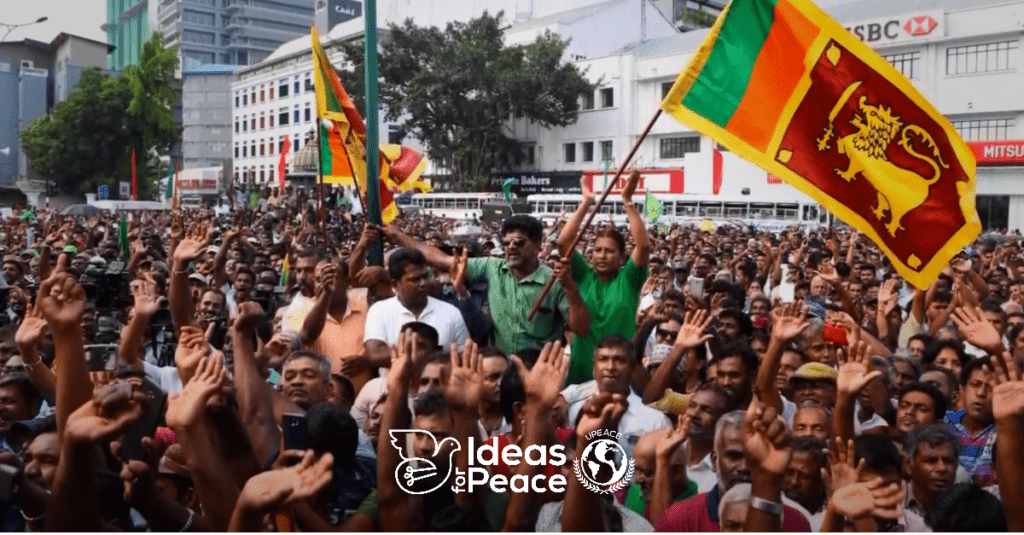Human Rights in the Future of Emerging Virtual States

Imagine a futuristic society, where everything is digitalized. Not just work, but meeting friends, traveling, and even the state we live in is now online. Now people are having heated discussions on whether to have their consciousness uploaded onto a cloud service they prefer. Now then, how would statehoods be formed, and who can we define as ‘human’? What changes and challenges would human rights face? As the possibility of more pandemics to come, under the extreme change of climates, this essay ponders over the idea of a fully digitalized future, and a few matters of human rights we need to consider.
Presentación del Centro Global de Innovación para la Paz y del libro “Innovación para la Paz”

El 1 de abril, la Universidad para la Paz (UPAZ) celebró en su Aula Magna el evento “Innovación para la Paz”, orientado a reflexionar sobre cómo responder a las nuevas realidades en materia de paz mediante la colaboración interdisciplinaria. El Vicerrector, Dr. Juan Carlos Sainz-Borgo, presentó la visión del Centro Global de Innovación para la Paz, creado en 2022 para fomentar un mundo donde paz, innovación y sostenibilidad se sustenten en acción ética y cooperación intercultural. La actividad dio continuidad a los debates que inspiraron el libro Innovación para la Paz. Reflexiones e ideas, presentado en la ONU en 2024, y que en Costa Rica sirvió de base para mesas de discusión sobre áreas prioritarias de innovación (investigación constante, vínculo academia-empresa, capacitación tecnológica y políticas públicas innovadoras), formación de alianzas estratégicas con actores diversos, y exploración de fuentes de financiamiento nacionales e internacionales. Entre los proyectos replicables surgieron laboratorios de innovación tecnológica y programas de microcredenciales. El Rector, Dr. Francisco Rojas Aravena, cerró destacando la importancia de nuevas narrativas para la paz, el arte como medio de expresión pacífica y un desarrollo sostenible centrado en las comunidades.
Panderetas en Costa Rica: Discursos discriminatorios contra grupos cristianos

Panderetas en Costa Rica: Discursos discriminatorios contra grupos cristianos Autora: Dra. Mariateresa Garrido V. Como fellow del Programa de Becarios de KAICIID para fomentar el diálogo interreligioso en Latinoamérica, y como investigadora en el área de libertad de expresión, siento particular interés en identificar patrones de violencia verbal en contra de diversos grupos. Las palabras […]
Child Pornography in the Face of the Technological Revolution

Child Pornography in the Face of the Technological Revolution Author: Denisse María Soto Translated into Spanish by the same author There is increasing access to internet networks and technological devices that are initially designed to improve the quality of life and efficiency of daily activities, through the facilitation of information and communications, creating a global […]
Communication the Pavement to Build Peace

Communication the Pavement to Build Peace Author: Diana Chávez Acosta Conflicts between individuals or groups arise from miscommunication, the way we express things are usually more influential than what we are actually saying. Imagine all the conflicts and inconveniences we could avoid by first expressing ourselves correctly and most of all listening and understanding the […]
Human Rights in AI Facial Recognition

Human Rights in AI Facial Recognition: a look into China’s abuse of AI technology Author: Caroline Adams AI Facial Recognition AI Facial Recognition has become one of the most controversial topics in the digital era. It is a successful tool and measure in biometrical technological advances. However, it has ethical barriers and dangers to human […]
La Palabra y la Paz

Antonio Bascones analiza la importancia de las palabras para la construcción de discursos que promuevan la paz y la tolerancia
Journalists-NGOs Cooperation For Peacebuilding

In the race for getting audience attention during an era of compassion fatigue, cooperation between journalists and NGOs is not only beneficial for both parties, but it also contributes to peacebuilding efforts by improving human rights reporting, facilitating aid granting, and enabling change in the mainstream media’s violence-oriented journalistic model.
Freedom of Expression in Sri Lanka: A Human Rights-Based Approach

A human rights-based approach to the exercise of the right to freedom of expression through social media in Sri Lanka between 2018 and 2019
Facial Recognition Technology with Human Rights Approach

This article considers the impact of facial recognition technologies for the protection of the right to privacy
